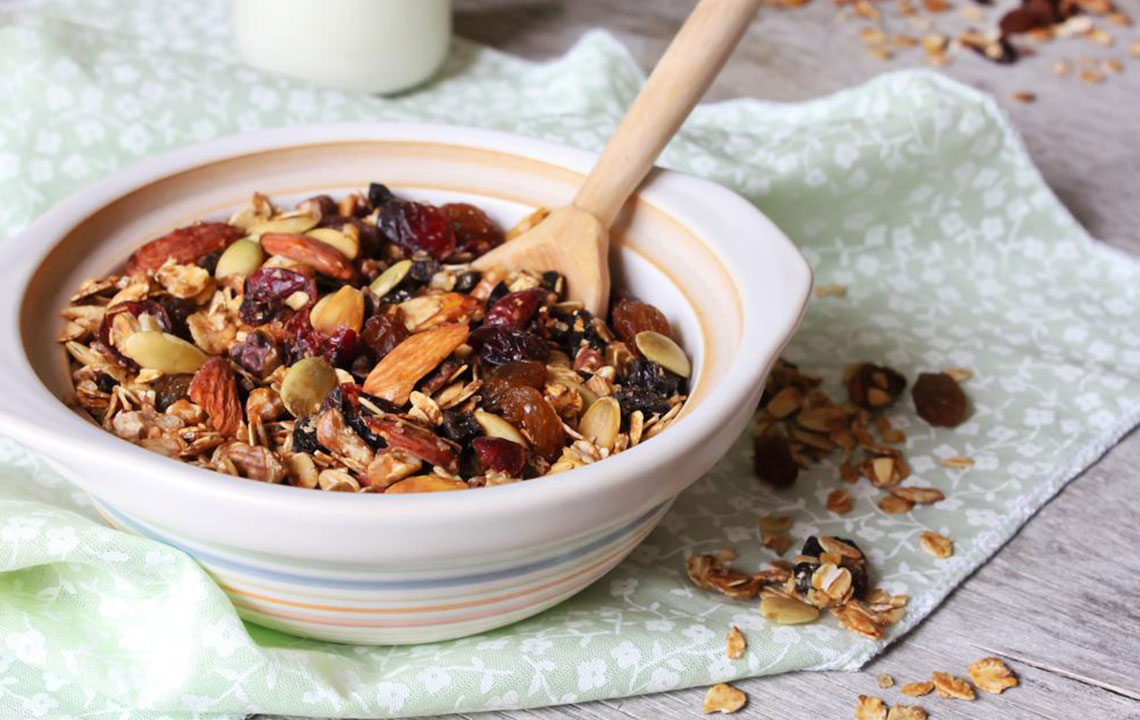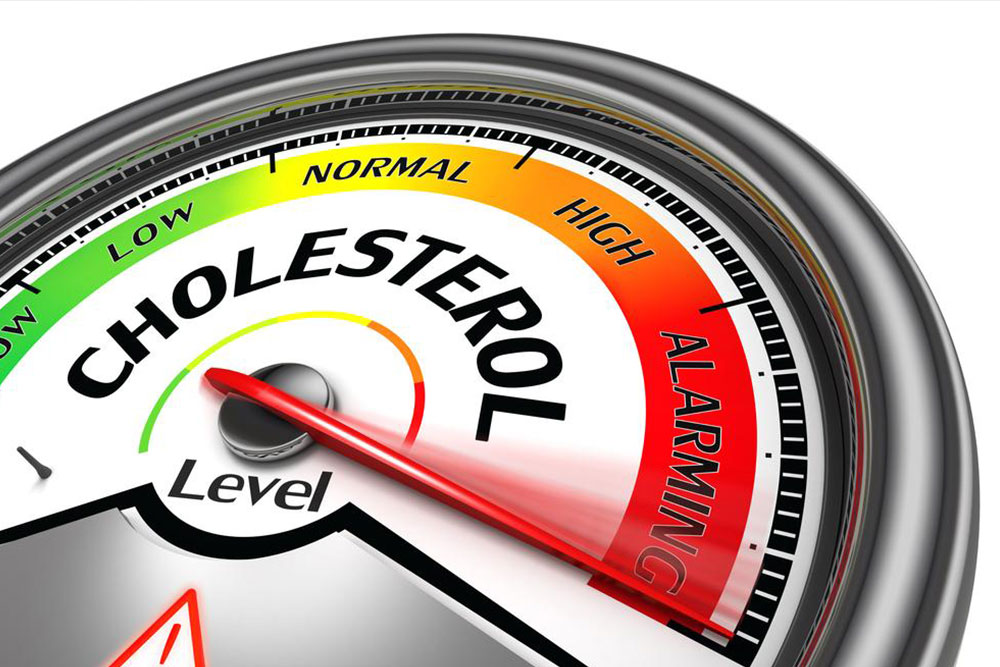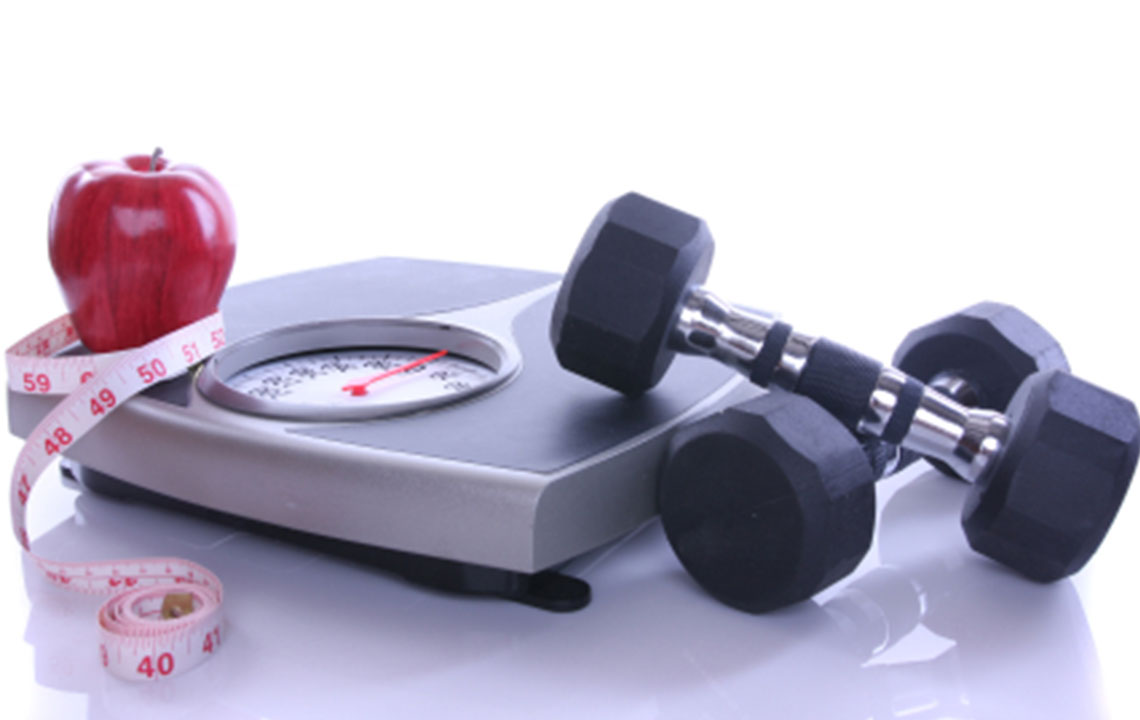Comprehensive Guide to Factors Affecting Your Cholesterol Levels and How to Manage Them
This detailed guide explores the essential factors influencing cholesterol levels, including diet, physical activity, genetics, and weight. It offers practical strategies such as the TLC diet, lifestyle modifications, and medication options to effectively manage and improve cholesterol health. By understanding these key elements and following recommended practices, individuals can reduce cardiovascular risks and promote lifelong heart health.

Understanding the Key Influences on Your Cholesterol and Effective Management Strategies
Cholesterol levels are a critical indicator of cardiovascular health, and numerous factors contribute to your body's cholesterol profile. Managing these factors through lifestyle choices and, when necessary, medical interventions can significantly reduce the risk of heart disease and stroke. This comprehensive guide explores the main elements that influence cholesterol levels, including diet, physical activity, genetics, and weight management, alongside proven strategies like the Therapeutic Lifestyle Changes (TLC) approach and medication options for controlling high cholesterol.
One of the primary influences on cholesterol is diet. Consuming foods high in saturated fats, trans fats, and dietary cholesterol can elevate your blood cholesterol levels. Foods like red meats, full-fat dairy products, processed snacks, and fried foods contribute significantly to increased low-density lipoprotein (LDL) cholesterol, often termed 'bad cholesterol'. Conversely, adopting a diet rich in heart-healthy nutrients can help maintain optimal cholesterol levels. Focus on incorporating more fruits, vegetables, whole grains, and lean proteins into your meals. Foods high in soluble fiber, such as oats, beans, and barley, play a crucial role in lowering LDL cholesterol by binding cholesterol in the digestive system and facilitating its excretion.
Your body weight is another significant factor in cholesterol health. Excess weight, especially abdominal obesity, can lead to higher LDL levels and lower high-density lipoprotein (HDL) levels, which are protective against heart disease. Studies consistently show that weight reduction improves overall lipid profiles, reducing cardiovascular risks. Achieving and maintaining a healthy weight through a balanced diet and regular physical activity should be a priority for anyone looking to optimize their cholesterol levels.
The Role of Physical Activity
Engaging in regular exercise is one of the most effective ways to improve your cholesterol profile. Physical activity enhances HDL cholesterol, which helps clear LDL cholesterol from the bloodstream. Aerobic exercises like walking, running, cycling, swimming, and dancing for at least 30 minutes most days of the week have been shown to lower LDL and triglycerides while increasing HDL levels. Besides cardiovascular benefits, exercise contributes to overall weight management, blood pressure regulation, and improved metabolic health.
Additional Factors Influencing Cholesterol
Age and gender are natural determinants of cholesterol levels. As you age, your cholesterol tends to rise, partly due to changes in hormone levels and metabolic processes. Women generally have lower cholesterol levels pre-menopause but experience rises after menopause due to decreasing estrogen levels. Family history also plays a crucial role; genetics can predispose individuals to higher cholesterol levels regardless of lifestyle. Understanding your family’s health history is vital for risk assessment and proactive management.
Implementing the TLC Lifestyle Approach
The Therapeutic Lifestyle Changes (TLC) diet is a cornerstone in managing high cholesterol effectively. This diet emphasizes reducing saturated fats to less than 7% of total daily calories and limiting dietary cholesterol intake to below 200 mg per day. It encourages consumption of lean meats, skinless poultry, fish rich in omega-3 fatty acids, low-fat dairy products, whole grains, fruits, vegetables, and nuts. Increasing the intake of soluble fiber through oats, beans, and barley helps lower LDL cholesterol. Incorporating plant sterols and stanols, found in fortified foods, can further assist in cholesterol reduction.
Weight Management Strategies
Controlling body weight is essential for optimal cholesterol levels. Individuals with excess weight, particularly those with waistlines exceeding 40 inches for men and 35 inches for women, should aim for gradual weight loss. Combining a nutrient-dense, low-saturated-fat diet with regular physical activity can yield significant improvements in lipid levels. Weight loss not only reduces LDL cholesterol but also positively impacts triglycerides and raises HDL cholesterol, offering comprehensive cardiovascular protection.
Medication Options for Cholesterol Control
When lifestyle modifications alone are insufficient, healthcare providers may prescribe cholesterol-lowering medications. Statins are the most commonly used drugs, effectively reducing LDL cholesterol and associated cardiovascular risks. Other therapeutic options include bile acid sequestrants, cholesterol absorption inhibitors like ezetimibe, and nutritional supplements such as plant sterols. These medications work by decreasing cholesterol synthesis in the liver or limiting absorption from the intestines. Regular monitoring and adherence are essential for optimal results and minimizing side effects.
Monitoring Your Cholesterol Levels
Maintaining a cholesterol level chart and conducting periodic blood tests are vital for tracking progress and adjusting management strategies accordingly. Key parameters include total cholesterol, LDL, HDL, and triglycerides. Desirable levels are total cholesterol <200 mg/dL, LDL <100 mg/dL, HDL >60 mg/dL, and triglycerides <150 mg/dL. Regular checkups enable timely intervention and help set personalized goals for cholesterol management. Combining lifestyle changes with clinical supervision provides the best protection against cardiovascular disease.
Adopting a comprehensive, holistic approach to managing cholesterol—focused on diet, exercise, weight management, and, if necessary, medication—can significantly reduce the risk of heart-related health issues. Educating oneself about cholesterol and maintaining ongoing health monitoring are the keys to achieving long-term cardiovascular wellness and overall health optimization.





